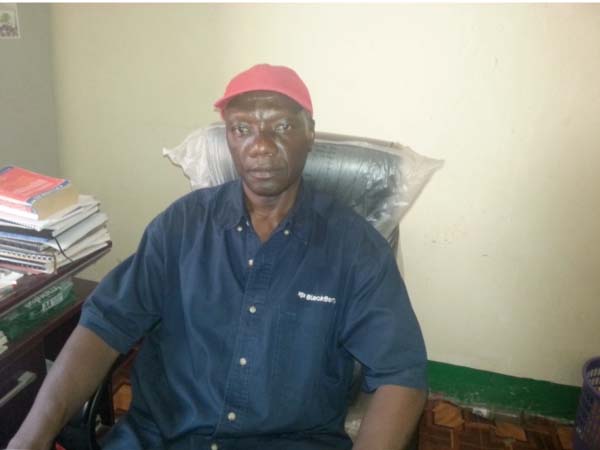
The
secretary general of the Association of Farmer Educators and Traders (AFET),
Dawda Kujabi, said that the association has “successfully implemented” a
project on seed multiplication.
“We
had secured a project for seed multiplication activities and it was implemented
successfully; eye-catching achievements were registered. The project phased out in December 2015,” he
said.
Due
to the successful implementation of the project, AFET secretariat is now able
to continue with sustainable seed multiplication even after the implementation
period of the seed project.
Mr
Kujabi said this year, four cooperatives that AFET established as part of the
seed multiplication project now finance their own operation thanks to the
project.
Also,
kafos that were part of the project now secure their own seed and fertilisers
for distribution among members.
Similarly,
a number of cooperatives now have assets value at D500,000 and they have it
within the two and half years of the seed multiplication project.
“All
these are indication that the project was very successful and we hope to
replicate it as part of our future programmes; it is now part of our strategic
plan for 2017-2022,” he said.
“The
seed multiplication project is one of their best and lucrative projects AFET
ever implemented.”
Mr
Kujabi said AFET had implemented a project on beekeeping but that was not
sustainable compared to the seed multiplication project.
He
lamented that the project was not very successful due to a setback at one of
the project sites in North Bank Region where bushfire damaged all hives.
The
hives in Niamina are also not functioning simply because they were not
colonised.
Seed
Bensouda, national president of AFET, said the association partners with others
to monitor family farming activities in The Gambia.
He
said the purpose of the monitoring is to have better knowledge of where the
problem lies and to develop a database for the improvement of farmers’
livelihood.


